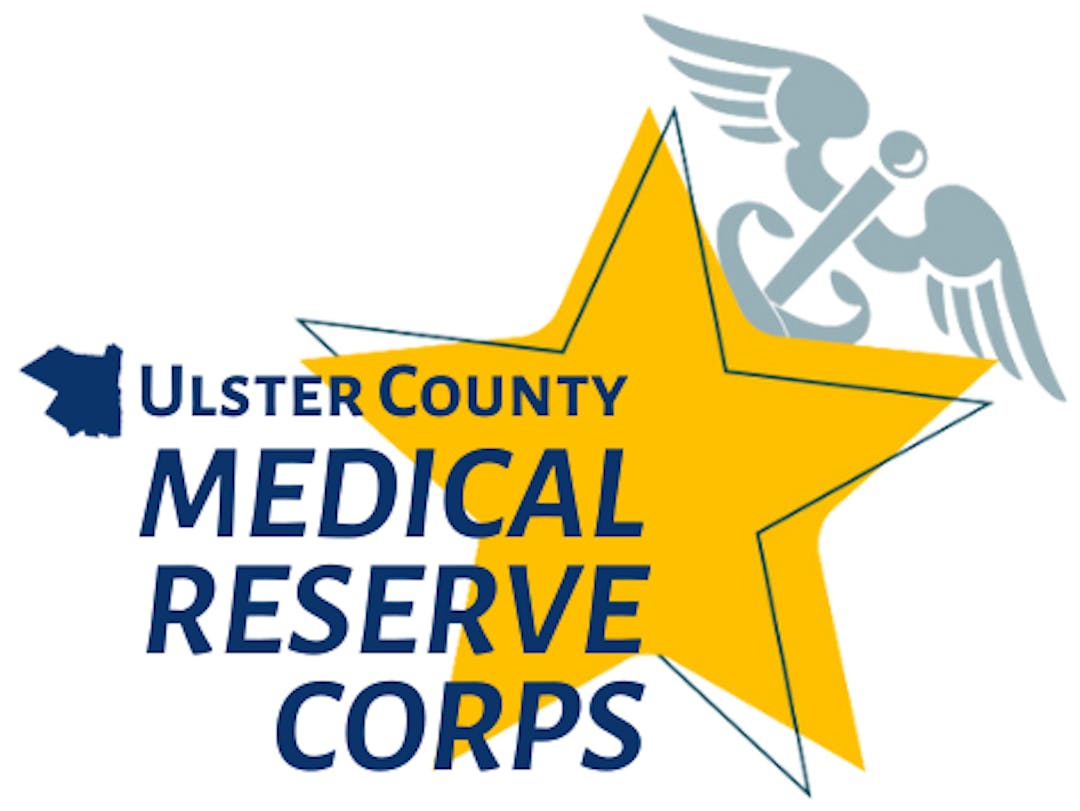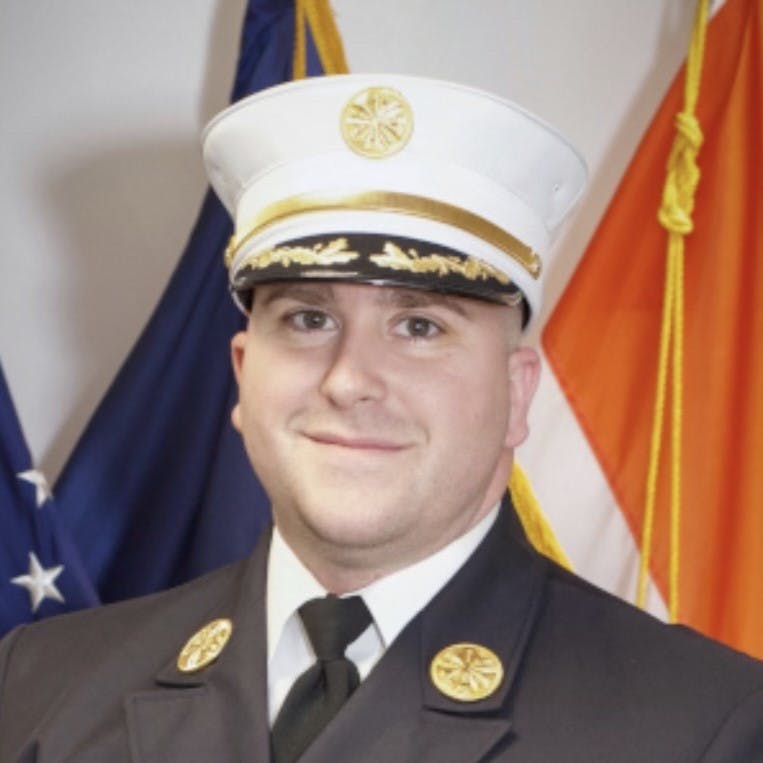Ulster County Medical Reserve Corps

Calling all community-minded volunteers interested in disaster preparedness, public health, and public safety – it begins with you!
Become a part of the Ulster County Medical Reserve Corps (MRC), a network of volunteers who support the County’s Departments of Health and Emergency Services in protecting health, preserving life, and administering aid and assistance during times of disaster and community need
The Ulster County Medical Reserve Corps (MRC) is a county-sanctioned and operated volunteer organization that consists of non-medically trained and medically licensed/certified volunteers. The County Legislature and County Executive approved the Ulster County Medical Reserve Corps Unit in July, and in September it was certified as a registered unit in the Federal MRC program under the Office of the United States Surgeon General. MRC volunteers are trained as part of a team and work within their community’s health, preparedness, and emergency response infrastructures to help meet local medical and public safety needs. Volunteers will assist with emergency preparedness, emergency management, public health, and safety and response efforts. Examples of activities that MRC volunteers participate in and support include: emergency shelter operations and medical care, community vaccination clinics, disaster clean-up and recovery support, and first aid and medical support during large public gatherings.
The MRC is seeking a broad range of related skills and expertise in its call for volunteers, including:
- Practicing, retired, or otherwise employed medical professionals, such as doctors, nurses, emergency medical technicians, pharmacists, nurses' assistants, and others
- Public health professionals including behavioral health, environmental health, epidemiologists, and others
- Non-medically trained community members who can provide administrative, management, and other essential support functions.
Now, more than ever, it is essential for the safety of our communities that we are prepared for and can respond to any emergency. As individuals, we all need to take an active part in helping to make our community stronger, safer, and better prepared.
Prospective members must be at least 18 years old and have a valid driver’s license or a non-driver ID to apply for membership. Upon completing the application process, members must register with the NYS Health Commerce system and ServNY, and complete the following online courses: FEMA Independent Study IS 700, IS 100a, and the NYS Health Department Psychological First Aid PFA 100. To retain membership in the unit, members must attend a minimum of four activities annually, either training or deployments. The MRC unit will conduct scheduled training exercises, typically monthly.
I’m interested in becoming a volunteer member of the Ulster County Medical Reserve Corps what do I do next?
To become a volunteer or find more information, you may:
- Contact the unit coordinator at ucmrc@co.ulster.ny.us and request an application or download an application here.
- Or, go to ServNY at www.health.ny.gov/ServNY. You will be guided to a registration screen and given the option to register through the Health Commerce System (HCS), which is used by healthcare professionals throughout the state, or by establishing a NY.gov user account. When prompted to select a program to join please select Ulster County Health.
Examples of activities that MRC volunteers participate in and support include the following:
- Emergency preparedness and response training and exercises
- Emergency shelter operations and medical care
- Disaster medical and behavioral health support
- Medical facility surge support
- Mass dispensing efforts (e.g., medication, water, and other supplies)
- Disease testing and surveillance
- Community vaccination clinics
- Veterinary care
- Support services to disaster call centers, family assistance centers, and reception/evacuation centers
- Emergency operations center and communications support
- Patient movement support
- Search and rescue operations
- Disaster clean-up and recovery support
- First aid and medical support during large public gatherings
- Community education and outreach
- Emergency preparedness and response planning, logistical, and administrative support
- And more!

![Participate Ulster County [background is a historic map of Ulster County]](https://ehq-production-us-california.imgix.net/559f54f49c44861568ba5424a5f49b87a9a90c62/original/1689352648/479c9a44e23e63e511fe5d3dcf413c61_participate_ulster_banner_image_%283%29.png?auto=compress%2Cformat)

